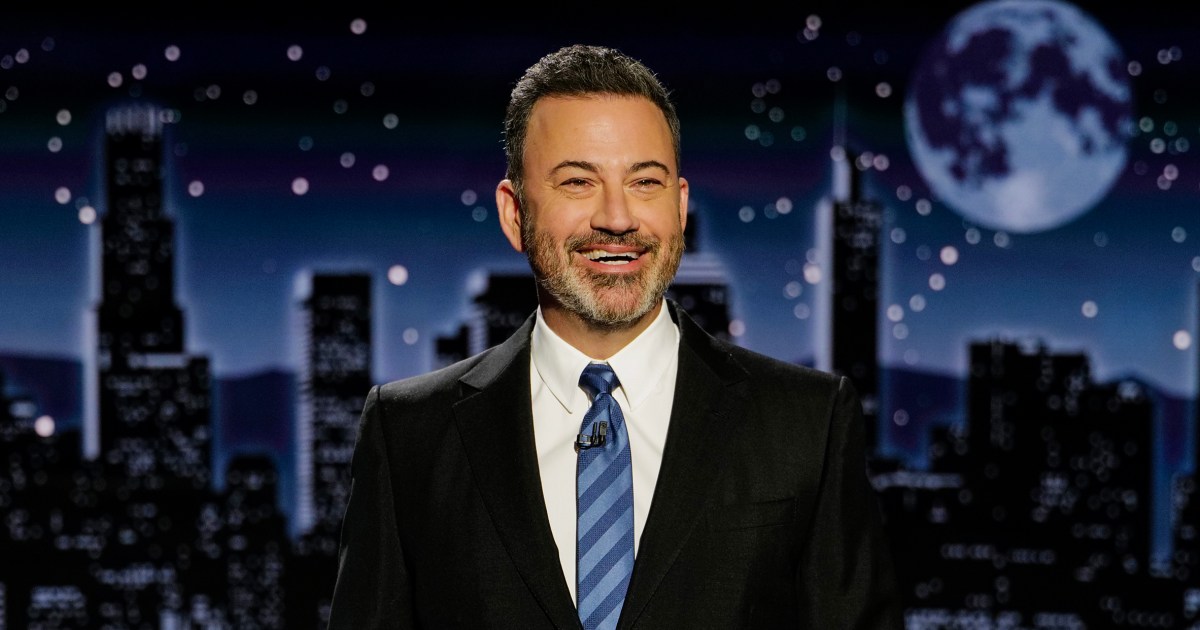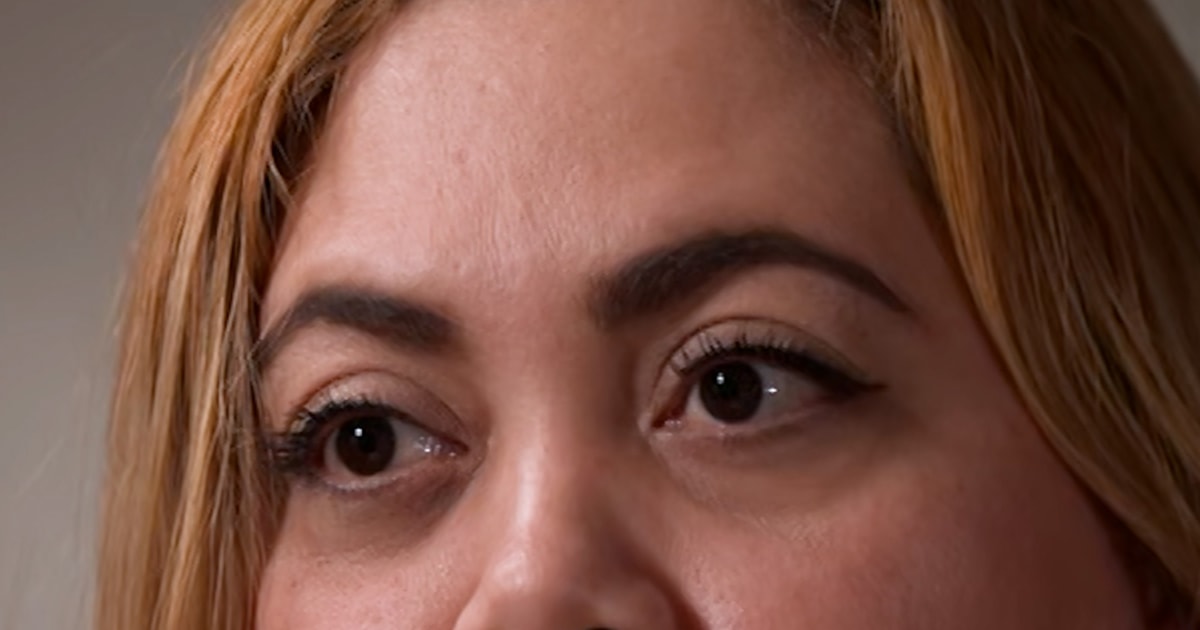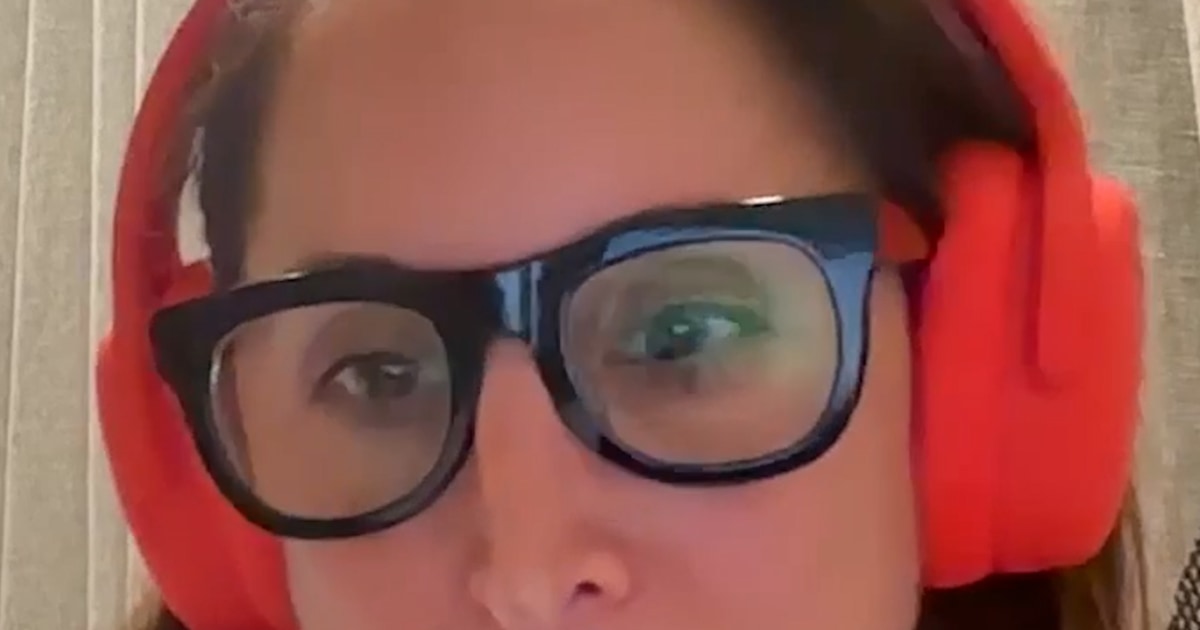Jimmy Kimmel’s late-night show will return to ABC’s airwaves on Tuesday, nearly a week after it was pre-empted amid criticism of the host’s remarks about the assassination of conservative activist Charlie Kirk.”Last Wednesday, we made the decision to suspend production on the show to avoid further inflaming a tense situation at an emotional moment for our country,” the Walt Disney Company said in a statement Monday.
Source link
Jimmy Kimmel's show returning tomorrow, ABC announces




